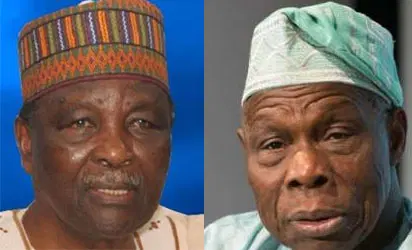The Independent Media and Policy Initiative (IMPI) has traced the origins of Nigeria’s petrol subsidy regime to the administrations of former military Heads of State, General Yakubu Gowon and Olusegun Obasanjo. IMPI alleges that these leaders institutionalized the subsidy during a period of economic stability in Nigeria.
SUBSIDY INITIATED AS TEMPORARY MEASURE
IMPI explained that the subsidy was introduced as a short-term measure to mitigate the impact of rising international oil prices. Chief Niyi Akinsiju, Chairman of IMPI, stated that the subsidy was intended to address an oil price spike caused by actions of the Organization of Petroleum Exporting Countries (OPEC).
HISTORICAL PRICE INCREASES UNDER SUBSIDY
Akinsiju noted that the petrol price did increase under the two military regimes. During Gowon’s tenure, the price rose by 40 percent from six kobo per litre to nine kobo per litre. Under Obasanjo, it surged by 70 percent from nine kobo per litre to 15.3 kobo per litre.
CRITICISM OF CURRENT GOVERNMENT’S SUBSIDY REMOVAL
Akinsiju criticized labor unions for their strong opposition to the current government’s removal of the subsidy, arguing that many Nigerians had supported its removal even before 2023. He contended that subsidies were initially introduced due to available fiscal resources and were meant to provide a fairer distribution of wealth during times of high revenue.
ONGOING DEBATE OVER SUBSIDY AND ECONOMIC IMPACT
Akinsiju remarked that despite economic changes, attempts to end the subsidy since 1988 have consistently faced public uproar. He accused the Nigeria Labour Congress (NLC) of traditionally blaming the federal government for price increases, urging an end to what he described as “trouble-mongering” over the issue.

